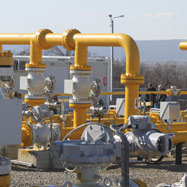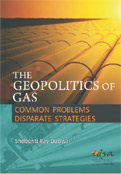Eastern Mediterranean: A Natural Gas Hub Worth Exploring
The Eastern Mediterranean offers India strong prospects for import of natural gas, given strong bilateral relations with regional countries, including Egypt, Israel, Greece and Cyprus.
- Md. Muddassir Quamar
- November 01, 2022










